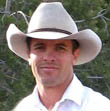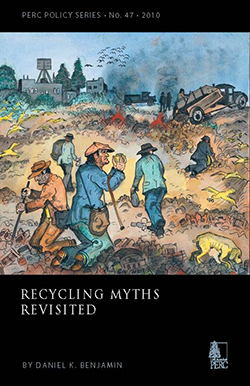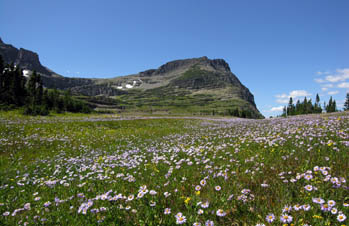by Wally Thurman
Tyler Cowen has recently promoted the idea that parking in America is costly and inappropriately provided mostly for free. Summarizing a recent book by Donald Shoup, The High Cost of Free Parking, he argues that at zero price, Americans park their cars a lot and generate congestion and impose costs on others. Among the problems he cites: local zoning boards require stores to build a minimum number of parking spaces–more than they would choose absent coercion. Cowen argues that it would improve resource allocation if such requirements were eliminated, the end result being fewer parking spaces and, presumably, stores charging for their use.
Cowen’s observations are intriguing–they suggest that free market proponents should urge planning boards to free big-box retailers from the yoke of parking requirements. Let the market speak and it will say that parking–unlike information on the internet–does not want to be free.
While still digesting Cowen’s observations, I awoke today to a letter to the editor in my hometown Raleigh News & Observer, written by environmental resource conservation professor George Hess of North Carolina State University. In his off hours, Hess serves on the Land Use Review Board of Knightdale North Carolina. He writes that his board does, indeed, stipulate minimum numbers of parking spaces that a retail development should have. (It also stipulates maximums.) But, he observes, developers never propose to build parking lots of just the minimum size and often seek to build more parking spaces than the board’s maximum. At least in the case of Knightdale (near Lizard Lick, by the way), the government restriction that Cowen worries about is never binding.
If Hess’s experience is the norm–and I don’t know that it is or isn’t–then I see no market-based opposition to free parking. It may be unsound to have a retail society based on free parking. But it is unlikely due to government regulation.
Suppose that Hess’s experience generalizes: that free parking at retail stores is not the result of government regulation. We’re left with the question of why stores provide free parking when they do (they don’t in Manhattan.) I see two possible answers.



